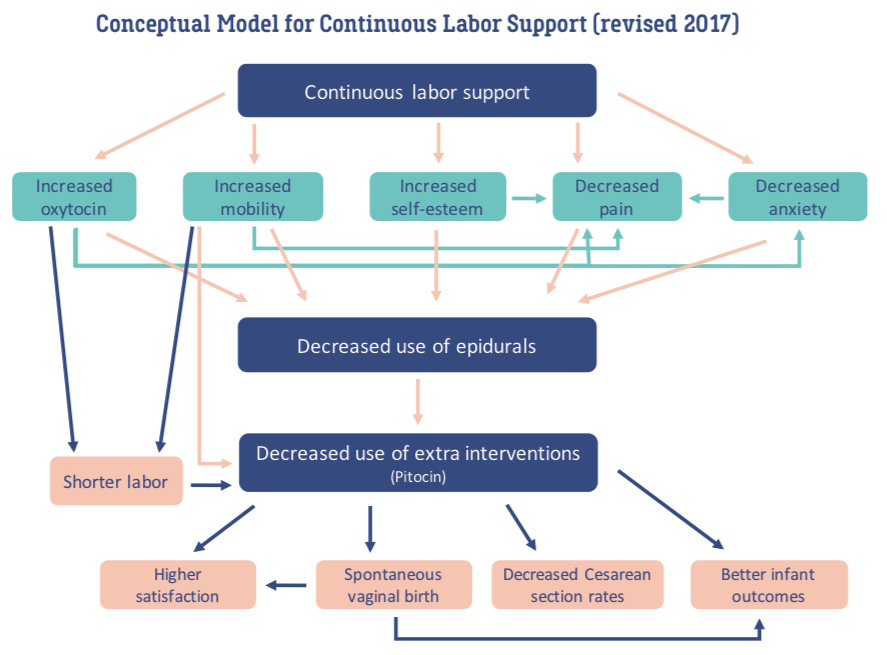Why choose a Doula?
A doula provides non-medical labor support to women as a valued member of the birth team. At UpRight-BirthRight-LiveRight, we want to take care of your needs through pregnancy, labor, delivery and postpartum period. Healthy Mama, Healthy Baby all the way through!
|
We blend experience, structural care, the finest essential oils and applications from Young Living, home exercise program, coaching throughout every stage of pregnancy. Claiming BirthRIGHT as our motto, we are dedicated to protecting a woman’s right to bring her baby into the world as naturally and safely as possible.
Contact the office for a new Mama Consult: (248) 656-2063
|
Closer Look at the Doula Support Model
Physical support is important because it helps a woman maintain a sense of control, comfort, reassurance, and confidence. Aspects of physical support provided by a doula may include:
- Soothing with touch using massage, acupressure, and craniosacral therapy.
- Essential oil application.
- regularly changing labor positions.
- Counter pressure to ease stress or positional strategies to advance and comfort labor.
- Helping to create a calm environment, like dimming lights, provide soothing music, diffuse essential oils or keeping the area neat and organized.
- Assisting with water therapy (shower, tub).
- Applying warm measures or cold compresses to soothe the laboring woman as she transitions.
- Assisting the woman in walking to and from the bathroom.
- Giving ice chips, food, and drinks.
Emotional support provides emotional care for the woman to help her feel supported during labor and delivery. Excellence in doula care often results in a sense of pride and empowerment after the birth. One of the doula’s primary goals is to care for the mother’s emotional health and enhance her ability to have positive birth memories (Gilland, 2010b). Those unfamiliar with birth, like a father in waiting can often feel uncertain how to support the birthing woman. Helping partners or others in on the birth to feel comfortable with supporting a woman in labor is another important goal. Doulas may provide the following types of emotional support to the birthing person and their partner:
- Continuous presence
- Reassurance
- Encouragement
- Praise
- Helping the birthing person see themselves or their situation more positively
- Keeping company
- Showing a caring attitude
- Mirroring—calmly describing what the birthing person is experiencing and echoing back the same feelings and intensity
- Accepting what the birthing person wants
- Creating a bridge of support for the family in the labor and delivery room
- Helping the birthing person and partner work through fears and self-doubt
- Debriefing after the birth—listening to the mother with empathy
Informational support helps keep a woman and their partner informed about what is going on with the course of labor, as well as provides them with access to well documented and evidence-based information about birth options.
Aspects of informational support include:
Aspects of informational support include:
- Guiding the woman and their partner through labor.
- Suggesting techniques in labor, such as breathing, relaxation techniques, movement, and positioning.
- Helping them find information about different options in pregnancy and childbirth.
- Helping explain birthing processes before or as they occur.
- Helping the partner understand what is going on with their loved one’s labor (for example, interpreting the different sounds the birthing person makes).
Advocacy is defined as supporting the birthing person in their right to make decisions about their own body and baby. Advocacy can take many forms—most of which do not include speaking on behalf of the client. Some examples of advocacy that doulas have described include:
- Encouraging the birthing person or their partner to ask questions and verbalize their preferences, such as making a Birth Preference Sheet to present to the hospital-based team
- Asking the birthing person what they want
- Supporting the birthing person’s decision
- Amplifying the mother’s voice if she is being dismissed, ignored, or not heard, “Excuse me, she’s trying to tell you something. I wasn’t sure if you heard her or not.”
- Creating space and time for the birthing family so that they can ask questions, gather information, and make decisions without feeling pressured.

